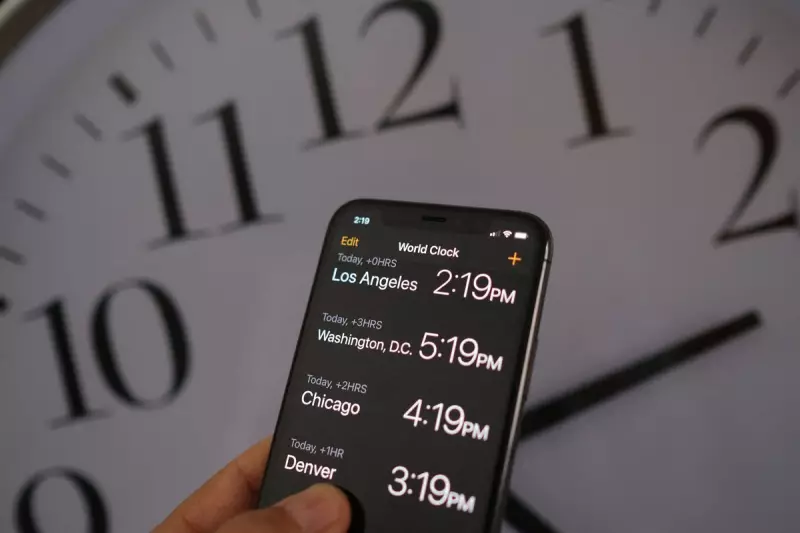
The annual ritual of changing our clocks is fast approaching, marking the beginning of longer, brighter evenings across the United Kingdom. As we prepare to "spring forward," many Britons are wondering exactly when they'll lose that precious hour of sleep.
When Do the Clocks Go Forward in 2024?
This year, the clocks will spring forward by one hour at 1:00 AM on Sunday, 31st March 2024. This shift marks the beginning of British Summer Time (BST), meaning we'll sacrifice an hour of sleep but gain an extra hour of daylight in the evenings.
The History Behind the Time Change
The concept of daylight saving time has a fascinating history in Britain. It was first introduced during World War I in 1916 as a measure to conserve energy and make better use of daylight hours. The idea was championed by builder William Willett, who proposed it in 1907 to prevent wasting daylight and save on lighting costs.
Despite its long history, the practice has remained controversial. Many question whether it still serves its original purpose in our modern, energy-efficient world.
The Ongoing Debate: Should We Stop Changing Clocks?
There's growing discussion about whether Britain should abandon the twice-yearly clock change. Proponents of permanent summer time argue that:
- It would reduce road accidents during darker evenings
- Tourism and retail sectors would benefit from longer evening daylight
- It could improve mental health and wellbeing
- Energy consumption patterns have changed significantly since 1916
However, opponents raise concerns about darker winter mornings, particularly affecting children traveling to school and workers in northern regions of the UK.
What About the European Union?
Interestingly, the European Parliament voted in 2019 to end seasonal clock changes across the EU. Member states were given the choice to remain on permanent summer time or winter time. However, Brexit means Britain is no longer obligated to follow this decision, allowing the UK to make its own choice about the future of daylight saving time.
Tips for Adjusting to the Time Change
The lost hour can disrupt sleep patterns and affect concentration. Here are some ways to ease the transition:
- Gradually adjust your bedtime 15-20 minutes earlier in the days leading up to the change
- Get plenty of natural sunlight in the morning
- Avoid caffeine and heavy meals close to bedtime
- Stick to your normal routine as much as possible
While the debate about daylight saving time continues, one thing remains certain: don't forget to change your clocks on March 31st, or you might find yourself an hour early for your Sunday plans!





